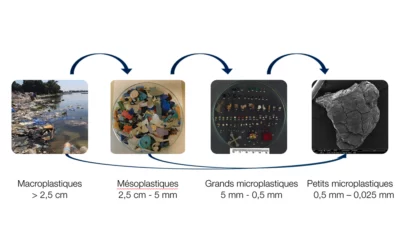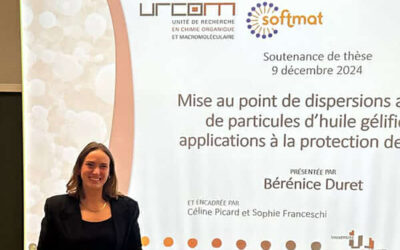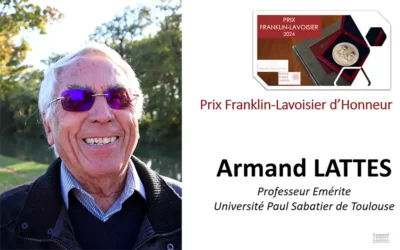SMODD team
The research activities of the “Organised molecular systems and sustainable development” team focus on the development and the characterisation of organised molecular systems with a sustainable chemistry approach. The considered systems involve surfactants, amphiphilic biomolecules, organogels, catanionic vesicles, and nanoplastics. They have applications in formulation, vectorisation, reactivity, and environment.
Integrated in the field of green chemistry and sustainable development, these activities are organised in a circular way at different scales: from the design of amphiphilic building blocks to bioinspired and/or biosourced vectorisation systems; then, from the organised molecular systems to the development and characterisation of complex multi-scale assemblies; to finally study the impact on the environment of complex systems, such as plastics, and their recycling into new reusable building blocks.
Thanks to the complementary expertise of its members, the SMODD team is engaged in the main societal challenges and maintains a continuum between basic research and technology transfer to industry.
Research topics
Team members
permanents members
temporary members on average per year
Team publications
This list of publications is uploaded directly from the SMODD team’s HAL collection.
- Clémence Gély, Nicole Picard-Hagen, Malika Chassan, Jean-Christophe Garrigues, Véronique V. Gayrard-Troy, et al.. Contribution of Reliable Chromatographic Data in QSAR for Modelling Bisphenol Transport across the Human Placenta Barrier. Molecules, 2023, 28 (2), pp.500. ⟨10.3390/molecules28020500⟩. ⟨hal-03955725⟩
- Varravaddheay Ong-Meang, Muriel Blanzat, Lesia Savchenko, Lucie Perquis, Mégane Guardia, et al.. Extracellular Vesicles Produced by the Cardiac Microenvironment Carry Functional Enzymes to Produce Lipid Mediators In Situ. International Journal of Molecular Sciences, 2023, 24 (6), pp.5866. ⟨10.3390/ijms24065866⟩. ⟨hal-04064136⟩
- Hélène Labie, Muriel Blanzat. Hydrogels for dermal and transdermal drug delivery. Biomaterials Science, 2023, 11 (12), pp.4073-4093. ⟨10.1039/d2bm02070j⟩. ⟨hal-04092558⟩
- Pascal Conan, Léna Philip, Eva Ortega-Retuerta, Charlène Odobel, Clélia Duran, et al.. Evidence of coupled autotrophy and heterotrophy on plastic biofilms and its influence on surrounding seawater. Environmental Pollution, 2022, 315, pp.120463. ⟨10.1016/j.envpol.2022.120463⟩. ⟨hal-03853376⟩
- J. Devillers, V. Sartor, Hugo Devillers. Predicting mosquito repellents for clothing application from molecular fingerprint-based artificial neural network SAR models. SAR and QSAR in Environmental Research, 2022, 33 (9), pp.729-751. ⟨10.1080/1062936X.2022.2124014⟩. ⟨hal-03784392⟩
- Aline Reis de Carvalho, Louna Riem-Galliano, Alexandra ter Halle, Julien Cucherousset. Interactive effect of urbanization and flood in modulating microplastic pollution in rivers.. Environmental Pollution, 2022, 309, pp.119760. ⟨10.1016/j.envpol.2022.119760⟩. ⟨hal-03759803⟩
- Patrick Seraissol, Thomas Lanot, Sarah Baklouti, Camille Mané, Stéphanie Ruiz, et al.. Evaluation of 4 quantification methods for monitoring 16 antibiotics and 1 beta-lactamase inhibitor in human serum by high-performance liquid chromatography with tandem mass spectrometry detection. Journal of Pharmaceutical and Biomedical Analysis, 2022, 219, pp.114900. ⟨10.1016/j.jpba.2022.114900⟩. ⟨hal-03814985⟩
- Irem Demir-Yilmaz, Nadiia Yakovenko, Clément Roux, Pascal Guiraud, Fabrice Collin, et al.. The role of microplastics in microalgae cells aggregation: a study at the molecular scale using atomic force microscopy. Science of the Total Environment, 2022, 832, ⟨10.1016/j.scitotenv.2022.155036⟩. ⟨hal-03638059⟩
- Rosa Maria G. Sousa, Fernando Rodrigues, Bárbara Medrado, Louise Oliveira, Ícaro Pereira, et al.. Development and in vitro cytotoxicity assessment of nanoemulsified lawsone. Chemical Papers, 2022, ⟨10.1007/s11696-022-02242-9⟩. ⟨hal-03668728⟩
- Jonathan Berry, Thisbe Lindhorst, Guillaume Despras. Sulfur and Azobenzenes, a Profitable Liaison: Straightforward Synthesis of Photoswitchable Thioglycosides with Tunable Properties. Chemistry - A European Journal, 2022, ⟨10.1002/chem.202200354⟩. ⟨hal-03706772⟩
Latest team news
Alexandra ter Halle, a researcher at Softmat, is one of the authors of the special issue of Environmental Science and Pollution Research devoted to plastic waste.
Jean-François Ghiglione from the Laboratoire d’Océanographie Microbienne (LOMIC) and Alexandra from the SMODD team brougth together scientists from different fields of expertise to improve the...
Bérénice Duret, PhD student at Softmat, has defended her thesis on the development of aqueous dispersions of gelled oil particles
Bérénice carried out her research in the SMODD team at the Softmat laboratory in close collaboration with the URCOM laboratory in Le Havre. This thesis aimed to develop eco-responsible cosmetic...
Franklin-Lavoisier honorary prize awarded to Armand Lattes, professor emeritus at Softmat
Following the recommendations of an international jury in July 2024, Armand Lattes, Professor Emeritus in the SMODD team, was awarded an honorary Franklin-Lavoisier prize by the Fondation...
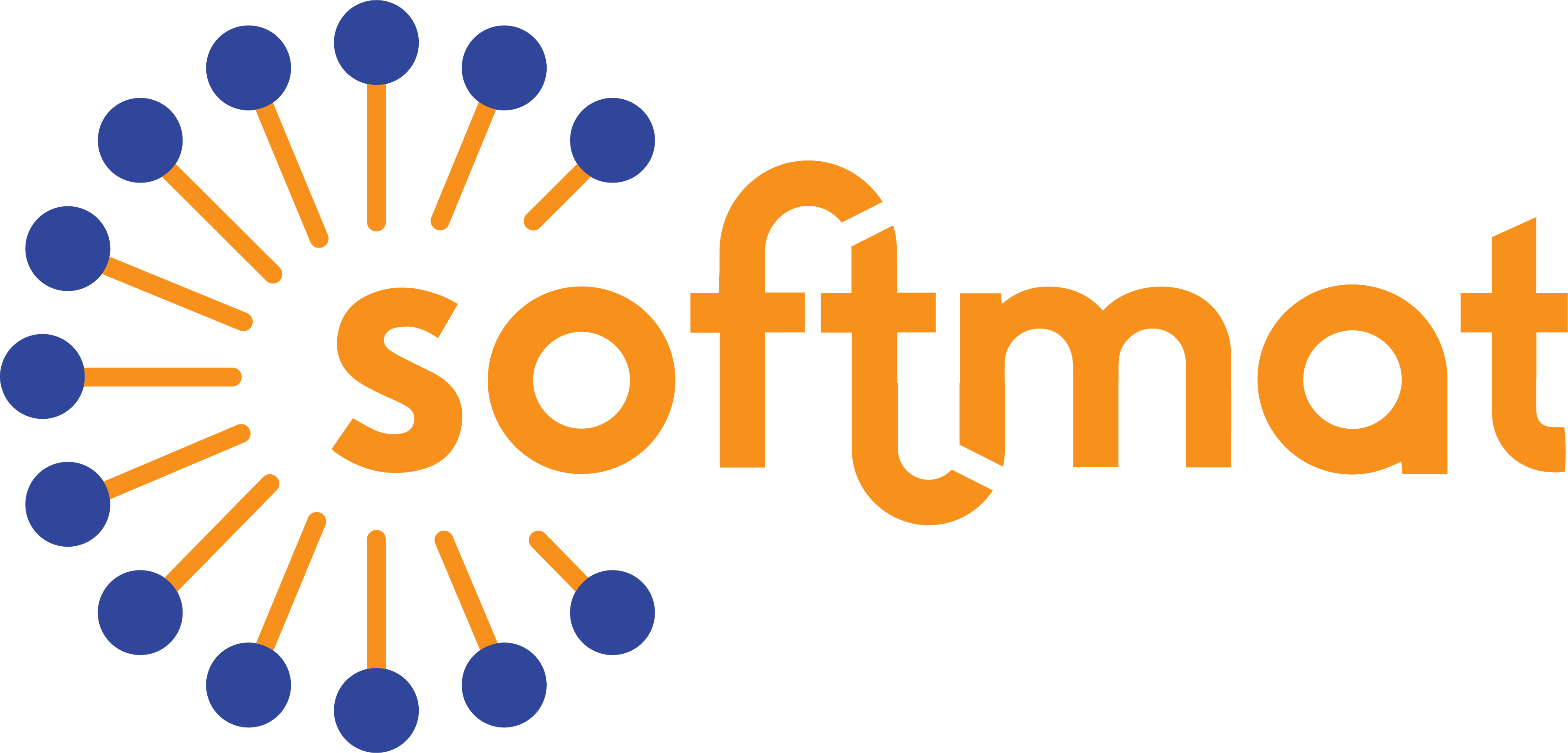
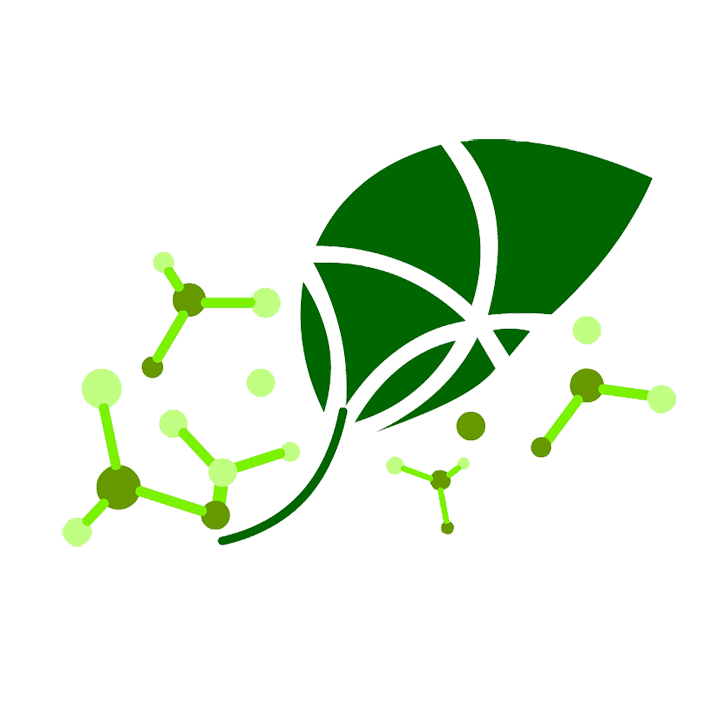

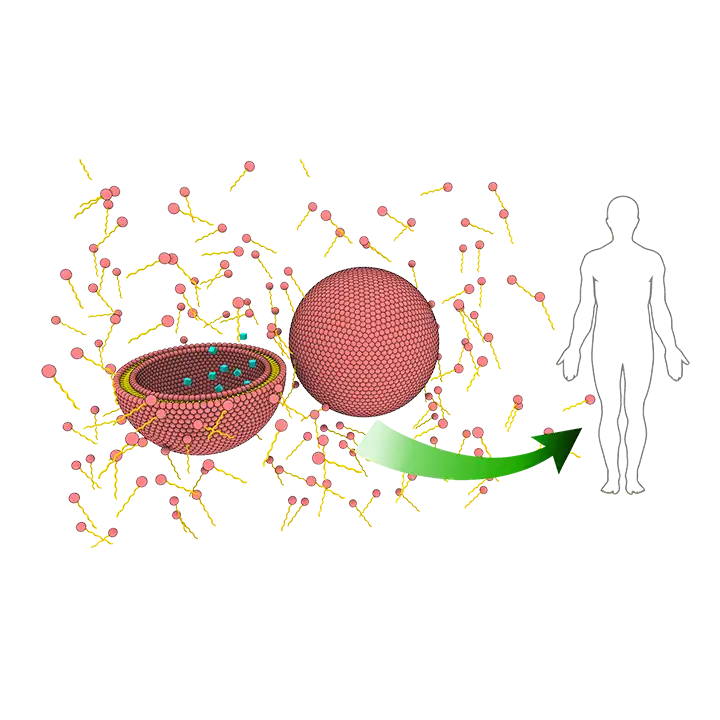
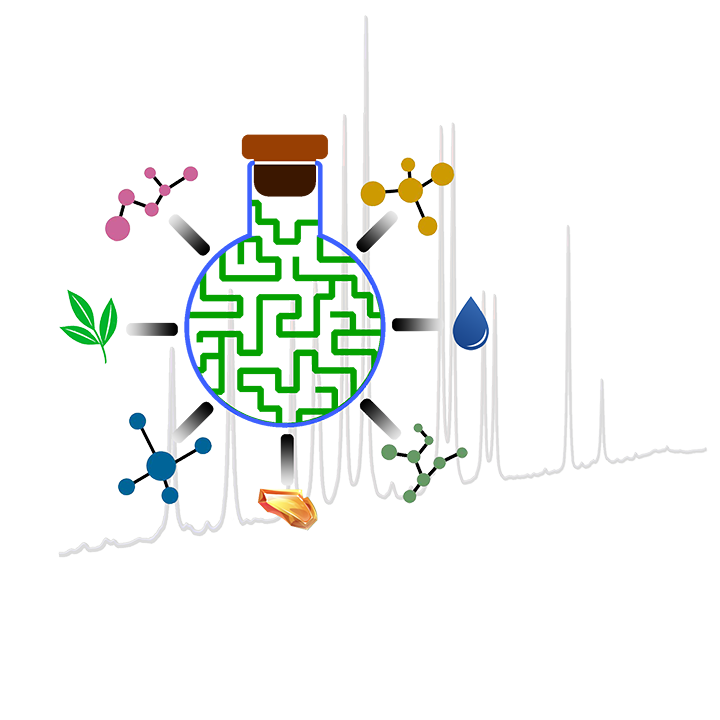
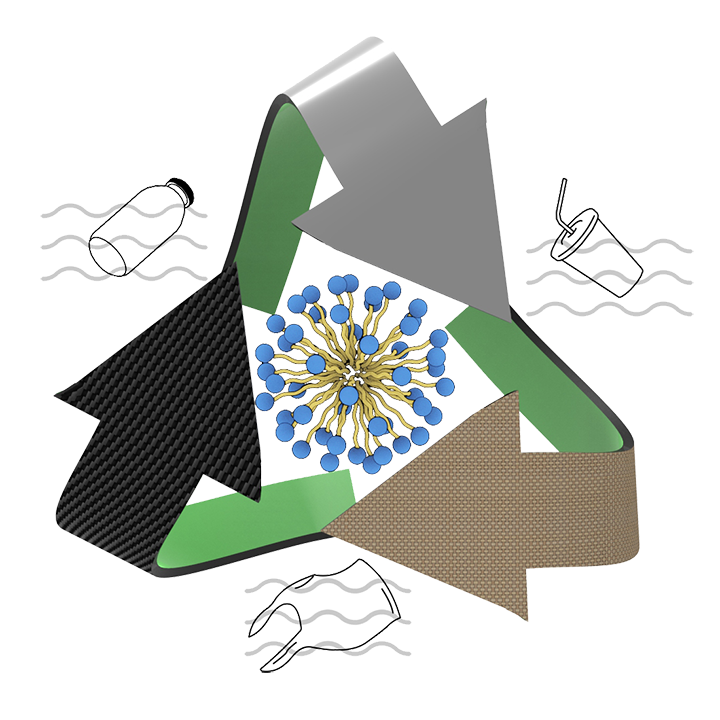














 05 61 55 82 23
05 61 55 82 23

